
In order to follow his dreams of playing college hockey, Joey Abel ’16 will have to take a two year break to play Junior Hockey.
While most seniors are making their final decisions on where they will end up next year, senior Joe Abel will have to wait until June to finalize his plans.
Abel hopes to hear his name get called, or rather, see his name pop up on his computer screen, as the Aston Rebels make their selection in the 2016 North American Hockey League (NAHL) Draft.
Unlike most other college sports, many college hockey players don’t make the jump directly from high school to college. Rather, those who aspire to play college hockey often take two years off of school to focus on perfecting their hockey skills in a Junior Hockey League.
“The main purpose of Junior Hockey is just to get bigger, faster, stronger so when you get to the collegiate level you are the best player you can be,” Abel said. “It’s basically the farm system for college hockey. This is the first step you have to take.”
There are three different tiers of Junior Hockey leagues, with tier 1 the highest level of skill and competition and tier 3 the lowest. In tier 1 is the United States Hockey League (USHL), tier 2 the North American Hockey League (NAHL), and tier three has six different leagues.
“In order to play Junior Hockey you have to find a way to get yourself noticed by the scouts and coaches,” Abel said. “The best way to do this is by playing for a prep school in New England or playing for a midget [travel] league team like the one I’m on now.”
Getting to such a level has been a long, intense process that started with Abel learning to skate when he was three, and starting to play when he was four.
Abel’s journey is impressive regardless, especially since he could be considered an anomaly. Yet, Malcolm Gladwell, author of the book Outliers, might say Abel’s journey has defied conventional hockey wisdom.
“I started playing hockey with the Junior Flyers when I was six or seven, but since they didn’t have a ’97 team, my birth year, I had to play up with the ’96 team for two years,” Abel said.
In Outliers, Gladwell has a section focused on Canadian Junior Hockey and the advantage players born earlier in the year have over those born later in the year. He found that those born in the first quarter of the year accounted for over 20% more of the number of players than those born in the fourth quarter.

Not only was Abel born in the third quarter of the year, he started off his hockey career playing with kids who could have been a full year older than him.
“I think playing for the ’96 team was definitely beneficial to my hockey career and played a crucial role in my development,” Abel said. “I guess I was an outlier.”
Another facet of Abel’s career that could have been seen as a disadvantage to others was his tumultuous career, bouncing between AA travel teams, before settling into the superior AAA level Junior Flyers.
Although he started playing for the U-16 Jr. Flyers American team, the “B” team, he worked hard to get up to the U-16 National Team, the “A” team. He is now at the end of his career with the AAA U-18 team, the most elite team in the Jr. Flyers program, which he was a captain of this past year.
“This was a really underrated part of my development because I was able to get so many different perspectives from coaches,” Abel said. “I just tried to be a sponge, taking in all the different information so that I could become the player I am today.”
“He just worked on getting better every year and stayed focused and always brought something to the team other than being a good player which makes him a valuable asset,” said Abel’s U-18 Jr. Flyers Coach Brian Martin. “His leadership is unique. It isn’t often we get players with his maturity level.”
Not only does Abel push himself to perfection, but he also pushes his teammates, both on the Malvern and Jr. Flyers teams, to be the best players they can be.
“He’s really serious and intense on the ice, but it’s only because he wants everyone around him to be playing their hardest,” senior and Malvern teammate Skyler Davis said.
Abel never lets his intensity take away from the fun of the game though.
“One of my favorite memories of Joey is last year is when he scored a really nice goal and then skated around the net and drank from the goalie’s water bottle,” Martin said. “Not the best sportsmanship because we were winning by a lot, but I thought it was funny.”
Abel said he has spoken with a few Junior Hockey teams up the East Coast, including the Hartford Wolfpack, but he is fairly sure he’ll play with the Aston Rebels, in Aston, Pennsylvania, next year.
“Just like the college process – it’s not always about going to the best team, it’s about finding the right fit, and I think the teams I have been talking to are great fits for me so far,” Abel said.
Over spring break, he got the chance to get a taste of what it’s like to play at the next level, practicing with the Aston Rebels every day.
“I got scratched from the first game of the weekend, but I played in the second one on Saturday night and it was a great experience. I scored a goal so that was pretty cool,” Abel said.
Committing to play in Junior Hockey is similar to the commitment of a full-time job. Abel will have to practice four days a week, Monday through Thursday, and then dedicate his weekends to traveling for games.
“We had an away game so I got to the rink Friday afternoon, played Saturday, then got back to the rink around 2 a.m. Sunday morning,” Abel said. “Normally we have Sundays off. But if the coach decides we didn’t play well that weekend we could have practice on Sunday,” he said.
Abel is no stranger to filling his schedule with hockey.
While playing for both Malvern and Jr. Flyers, there were many weeks during the school year where he had practice every day during the week and then traveled to a showcase over the weekend.
“It actually worked out pretty well because both teams practice at Iceline [in West Chester] and the U-18 teams have their own lockers so I didn’t have to lug my equipment back and forth everyday,” Abel said.
Despite the gap years between high school and college, junior hockey players still have the ultimate goal of completing college. According to a 2014 press release from the NCAA, hockey had the highest graduation rate of all men’s sports at 92.1%.
“Junior hockey is really just a big stepping stone for college hockey and once you get to college, it’s just like any other experience,” Abel said.
Whether or not Abel takes college courses while he’s playing Junior Hockey will hinge on how it blends into his schedule and if it interferes with his focus on hockey. Either way, he said he hasn’t lost sight of the big picture.
“One of Joe’s best traits is his perseverance,” Martin said. “He’s not in a rush, he knows where his levels at, he knows what he needs to work on. Just as long as he stays focused he’ll have plenty of opportunities, in juniors and beyond.”
“Playing college hockey has always been a dream of mine so this is a path I decided to take,” Abel said.
CORRECTION: The print edition of the Blackfriar Chronicle said Abel started his Jr. Flyer career on the 1998 team, but it was actually the 1996 team. The story has been updated to reflect this correction.


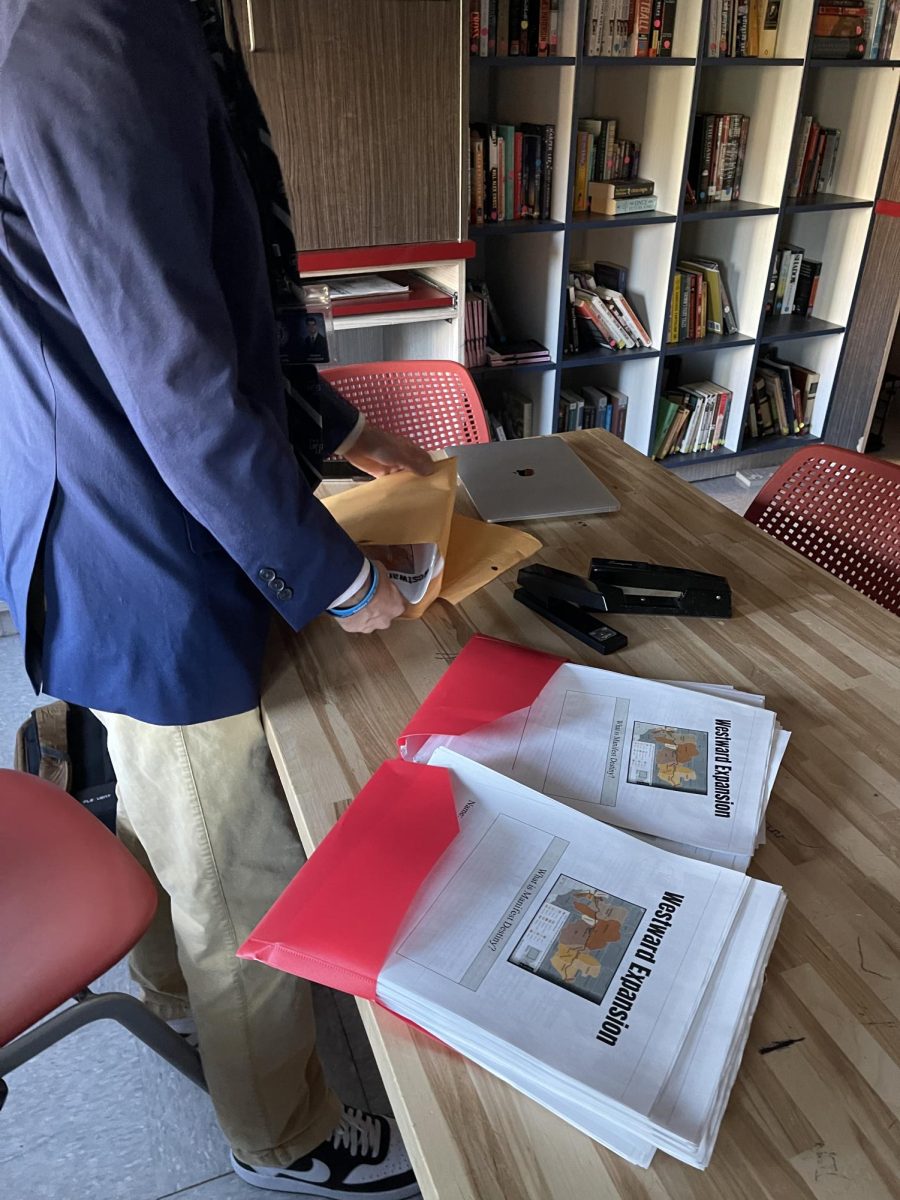
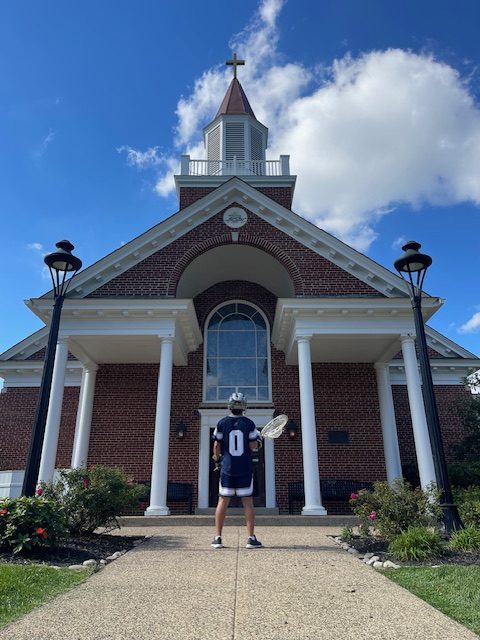
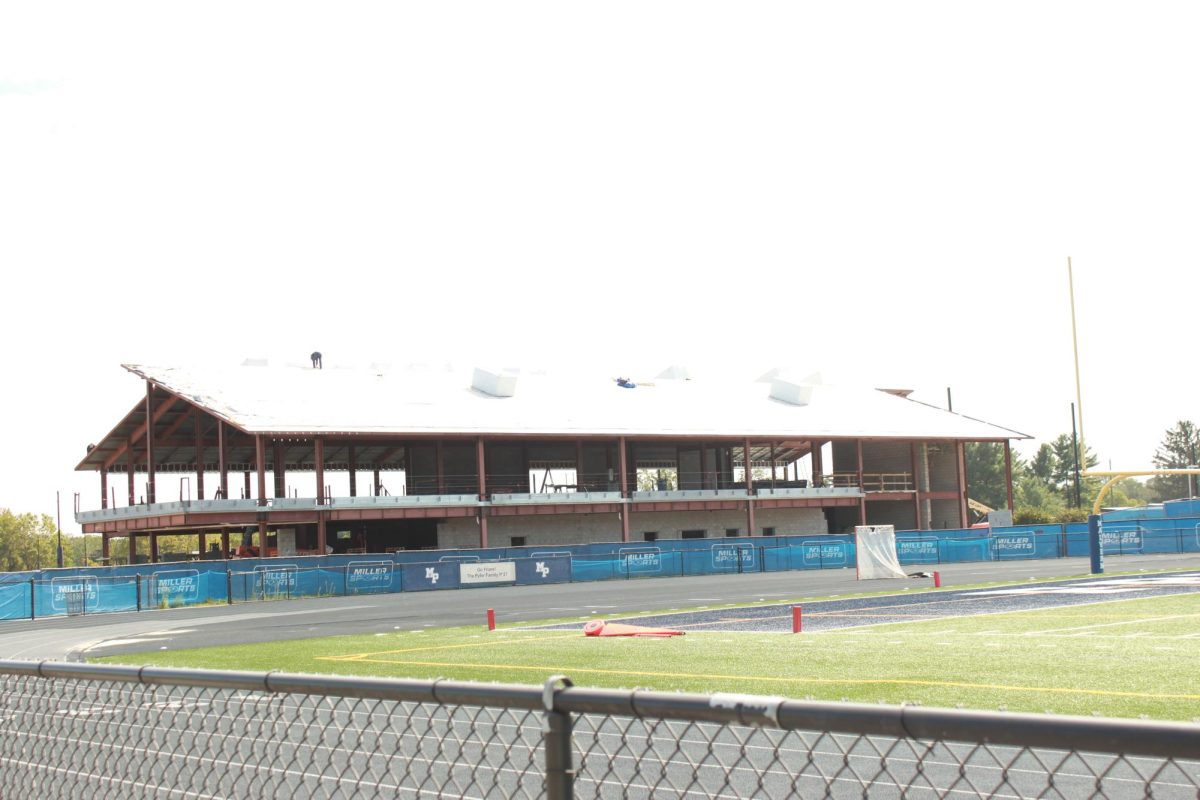
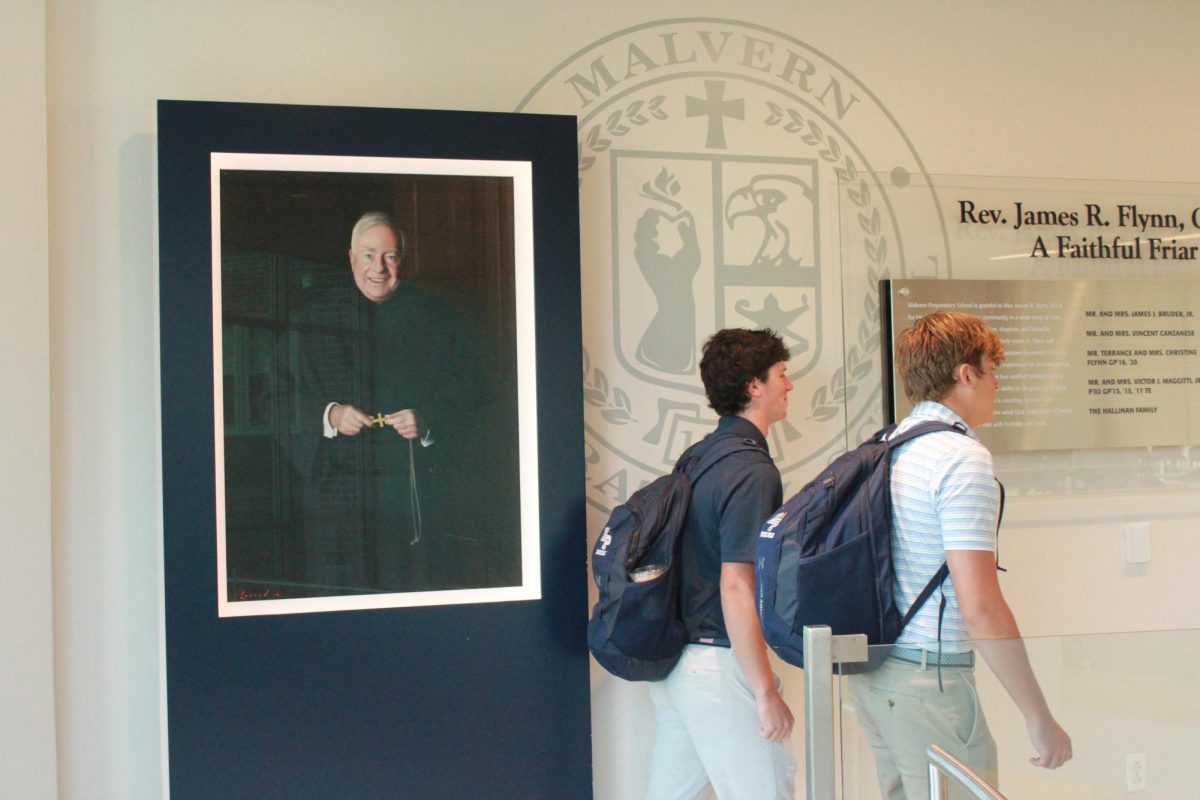
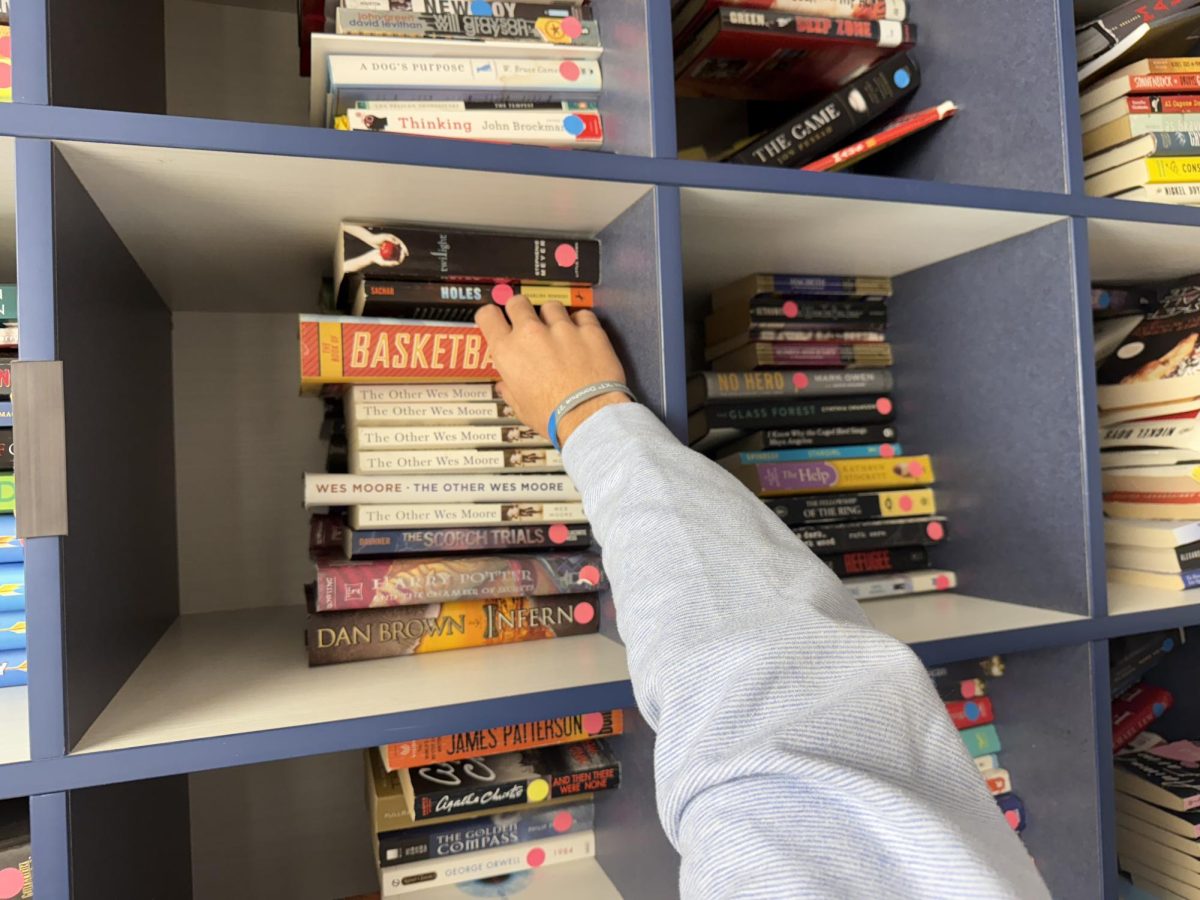
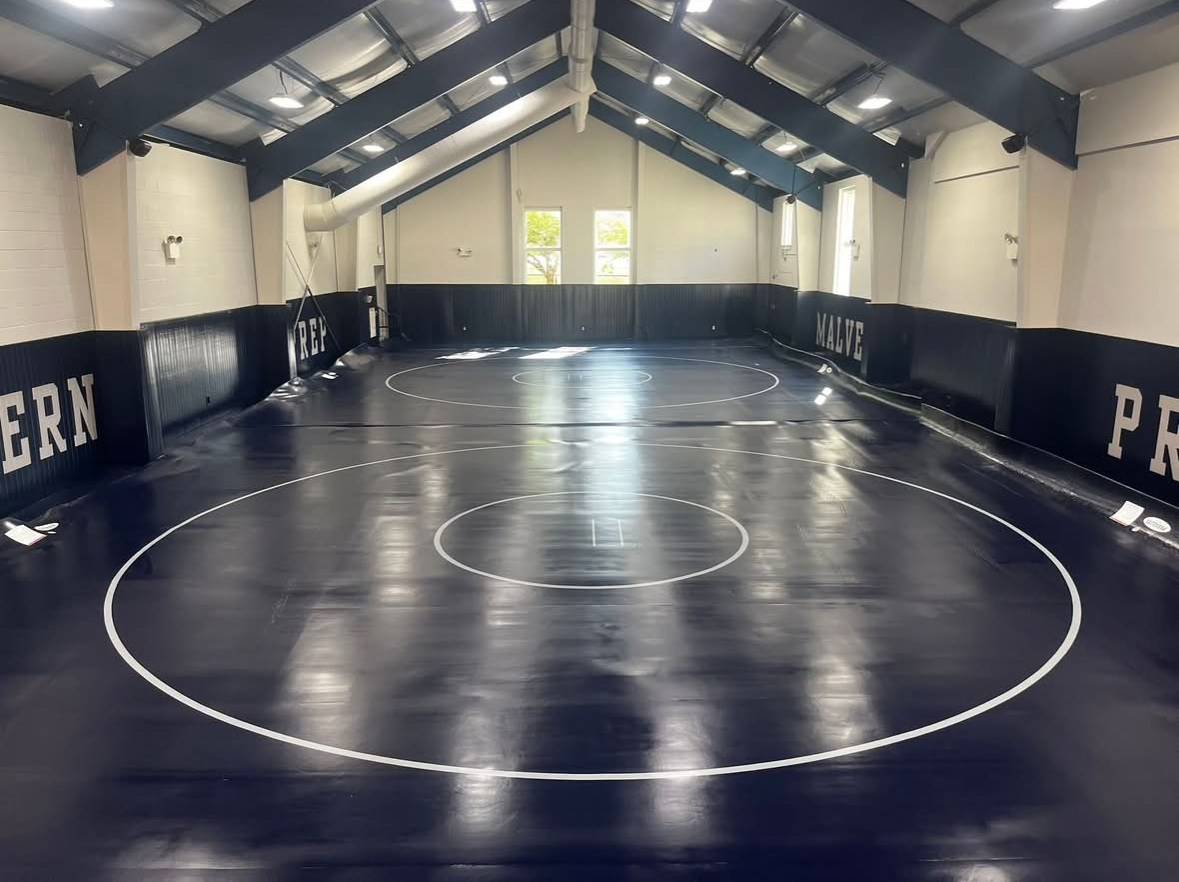
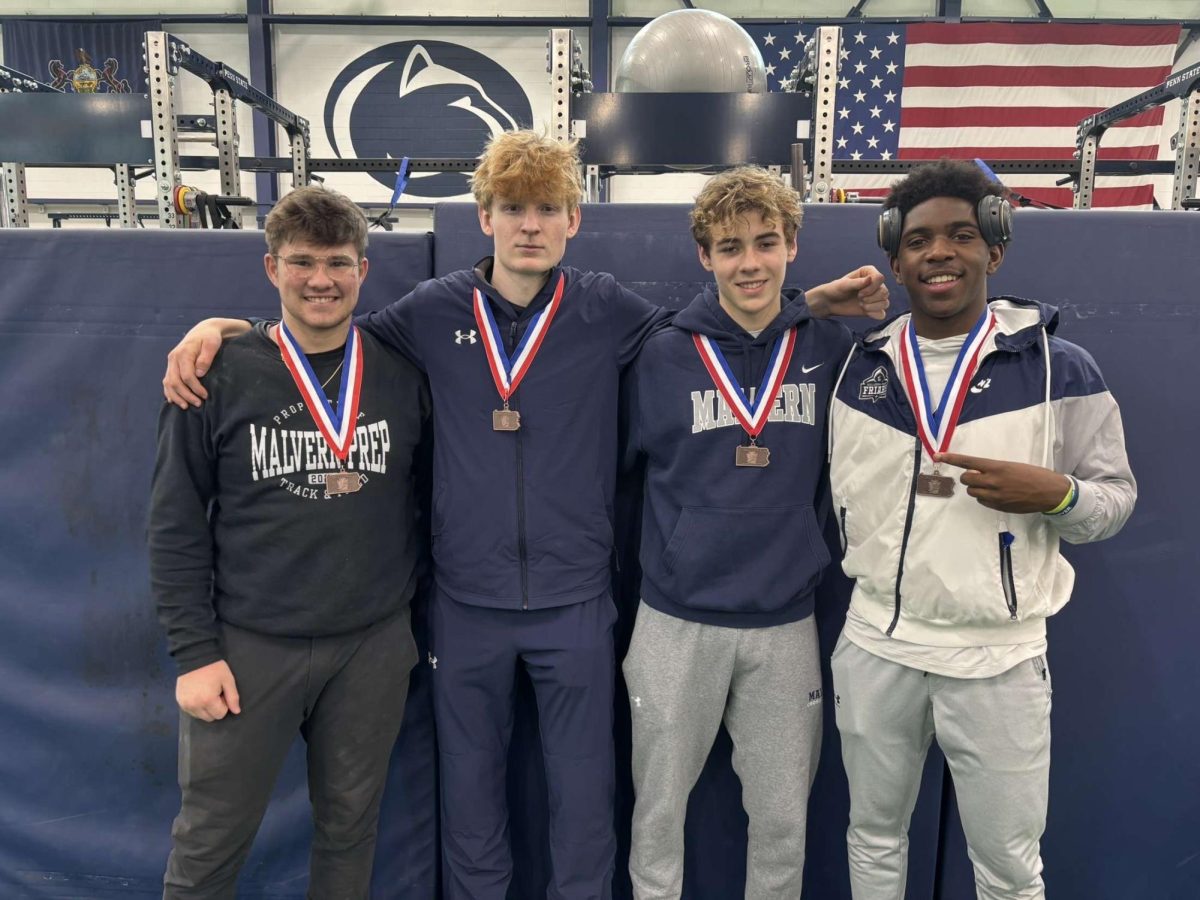

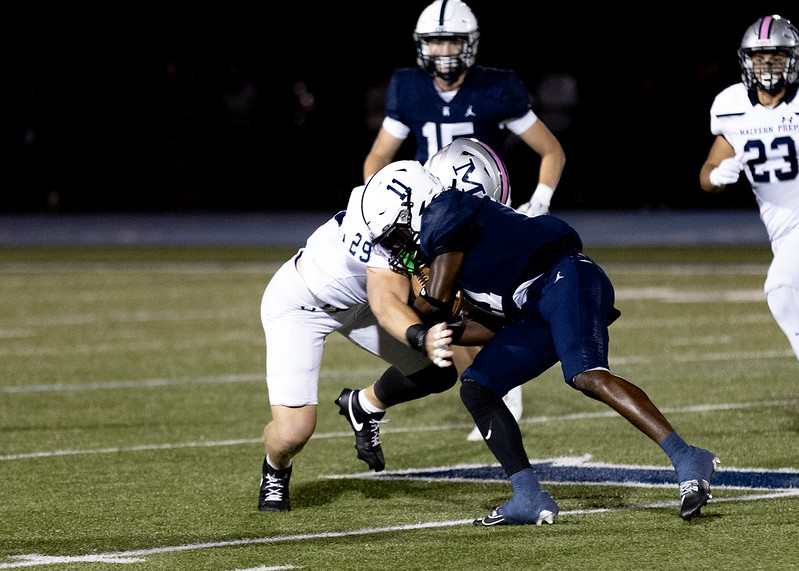
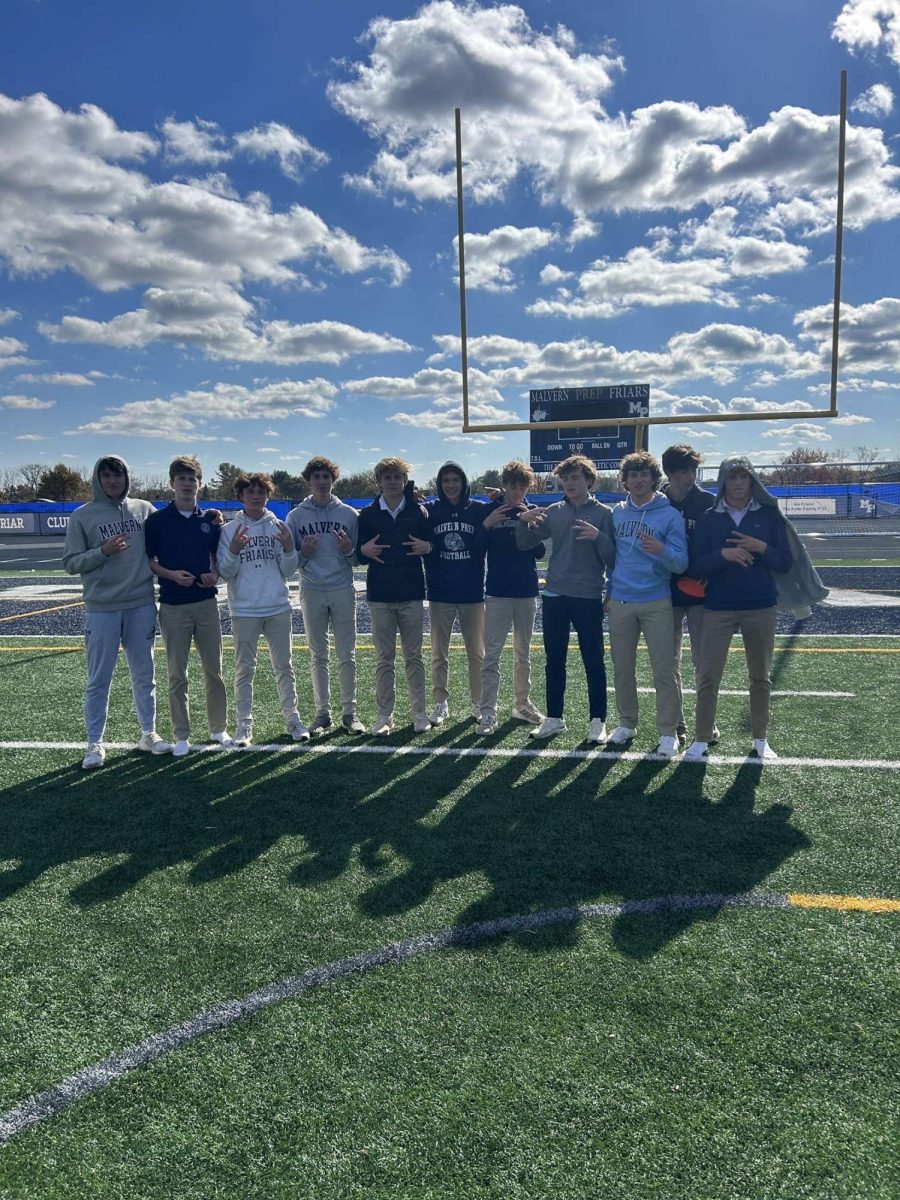
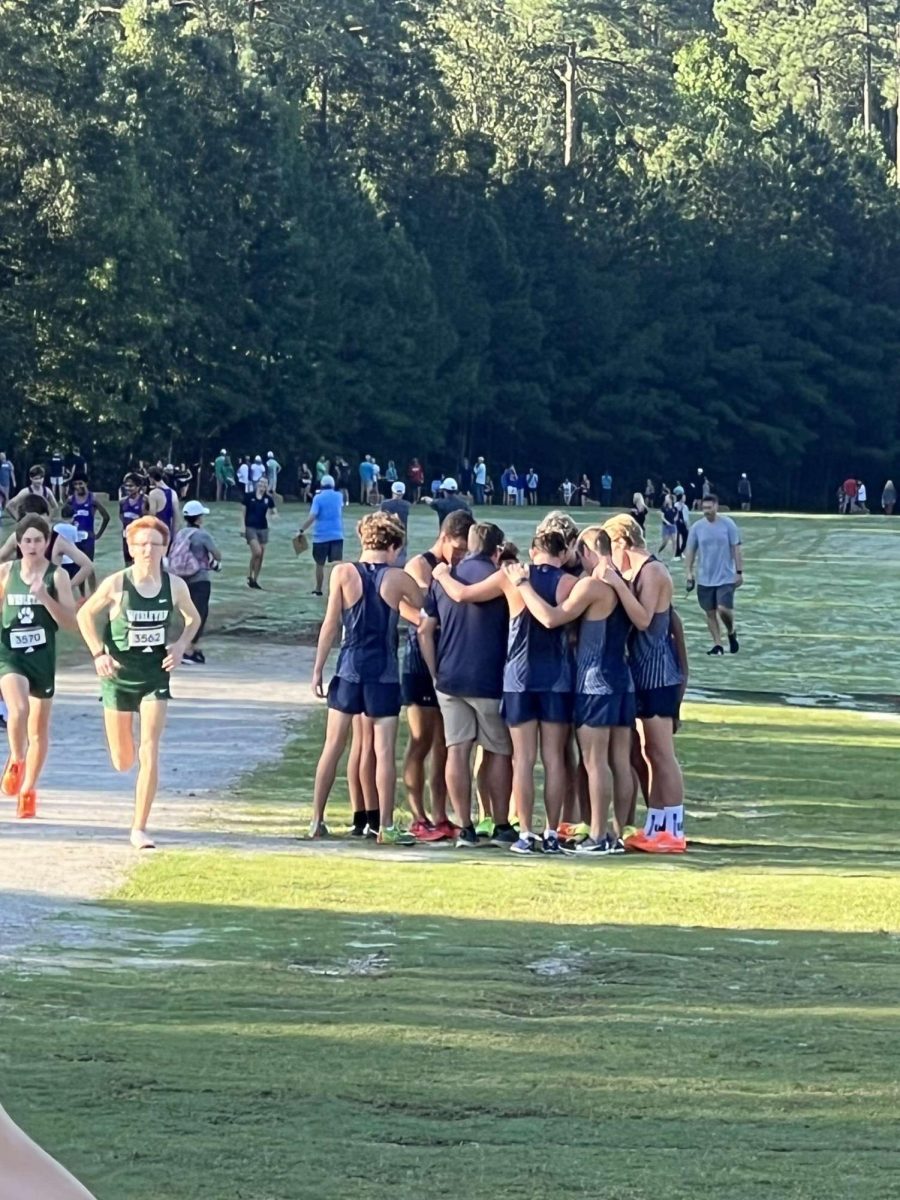
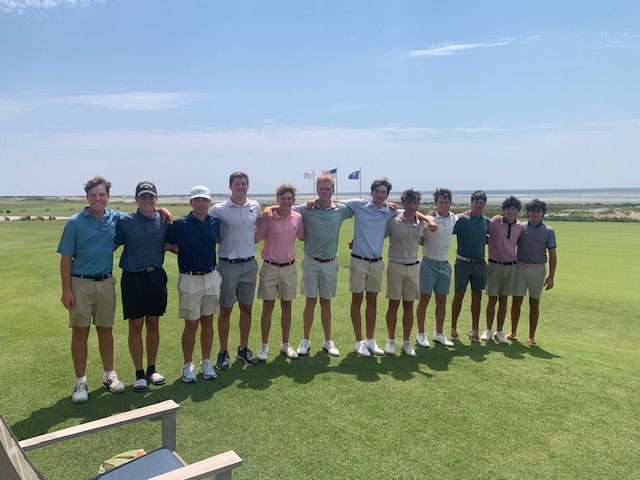
Reny Belle • May 1, 2016 at 3:01 pm
I have always enjoyed watching Joey play. Always scared me when my son played against him because at anytime Joey would be able to do something special. Good luck Joe, never doubted your gift would take you far!!!! Go Friars!!!